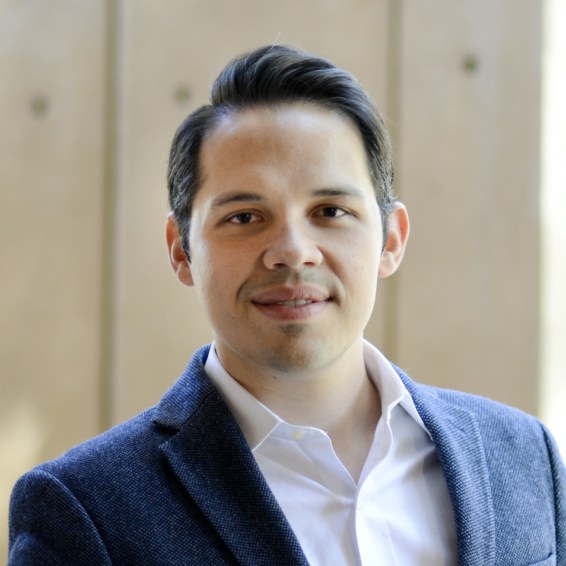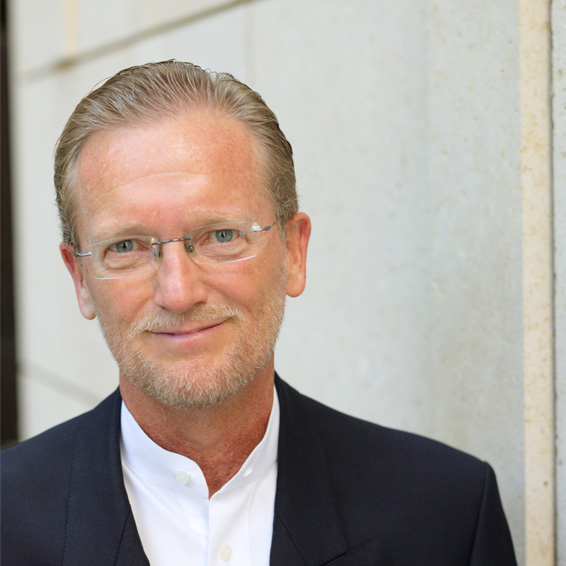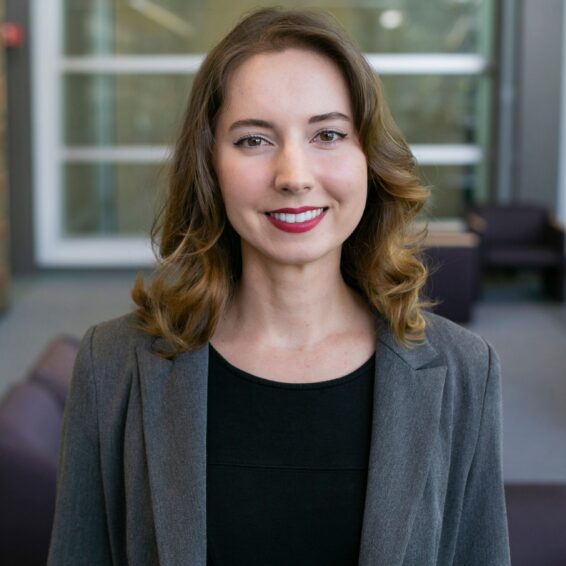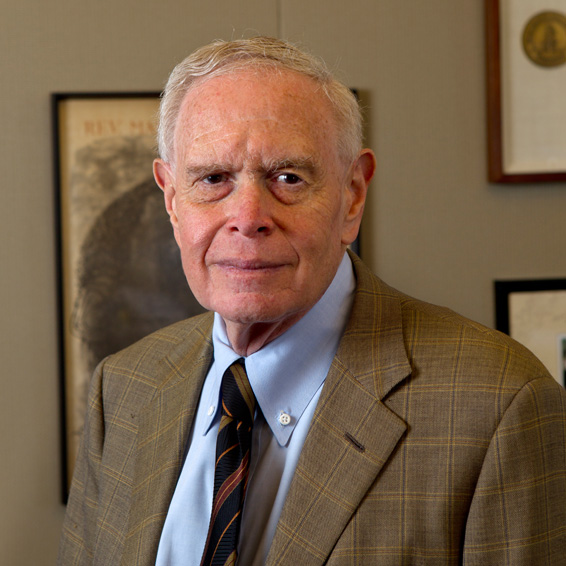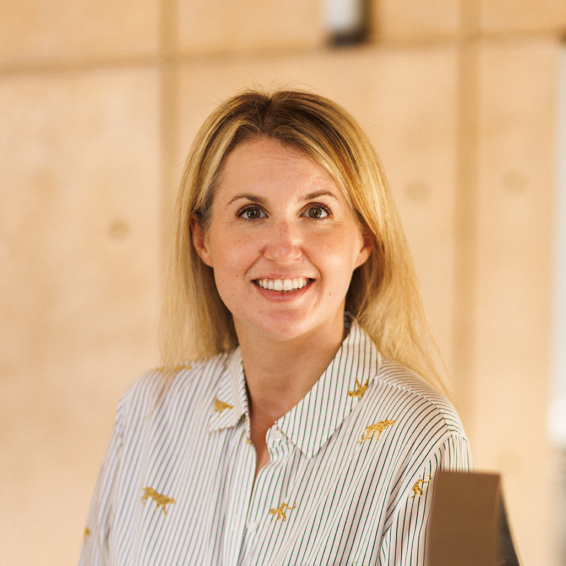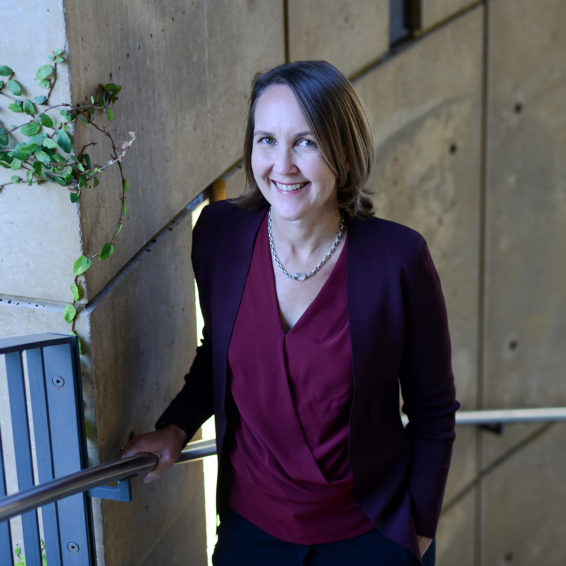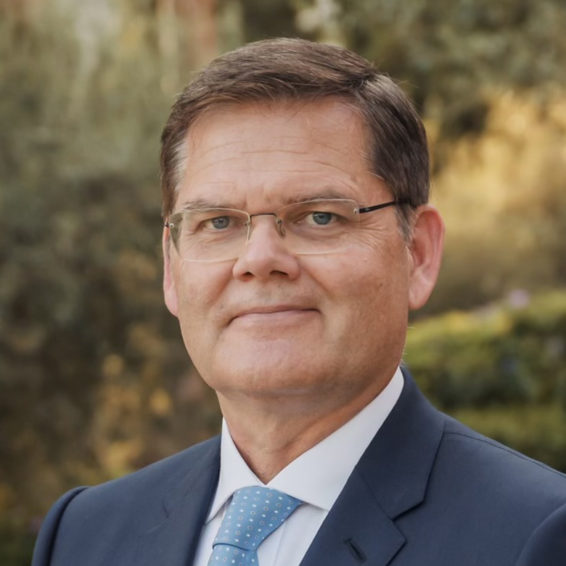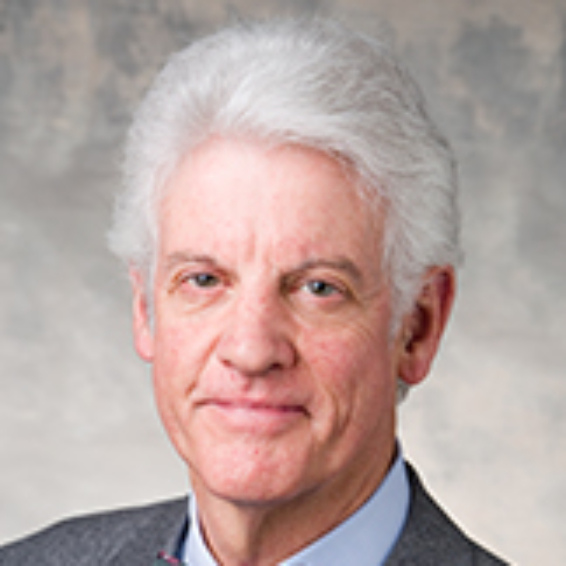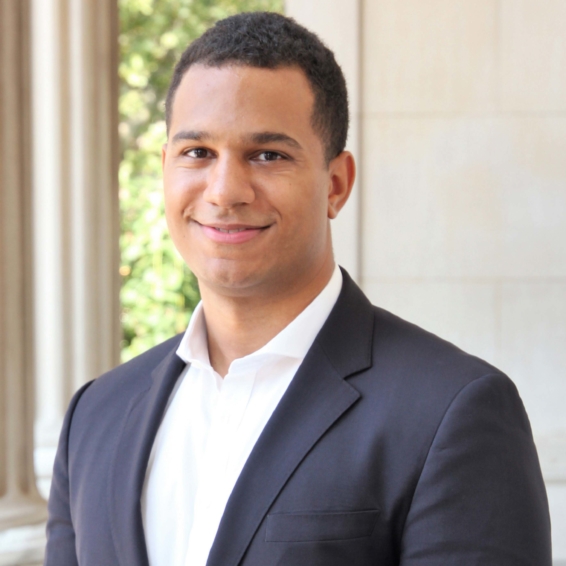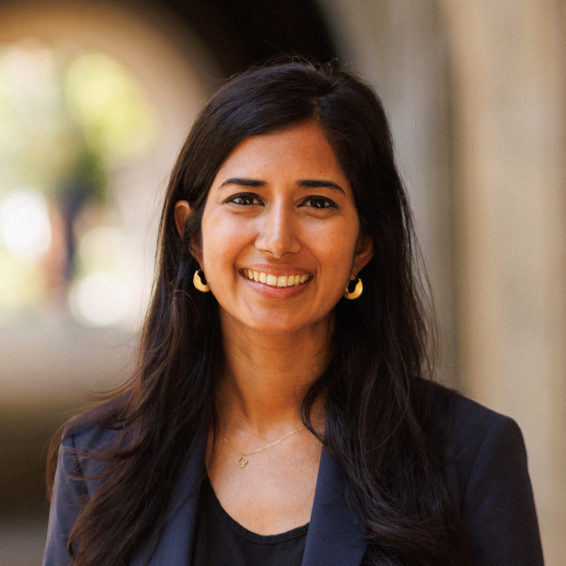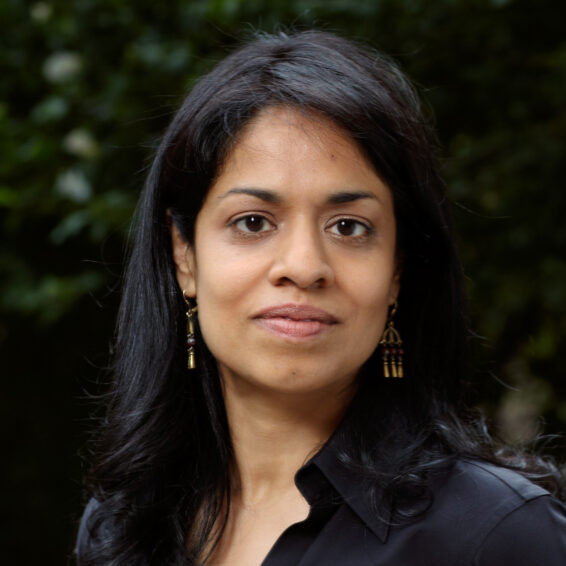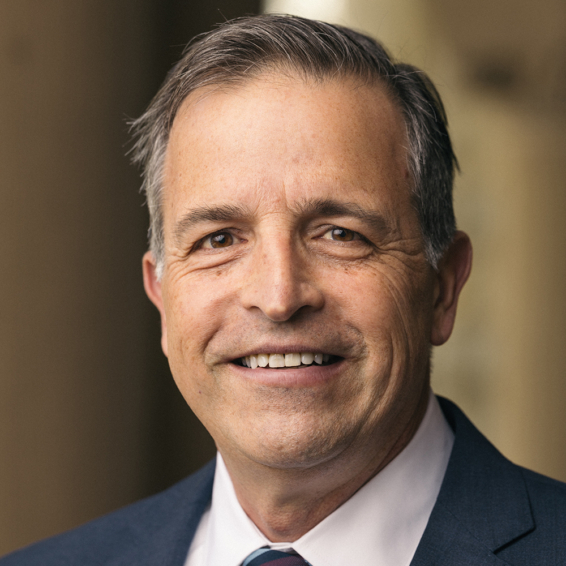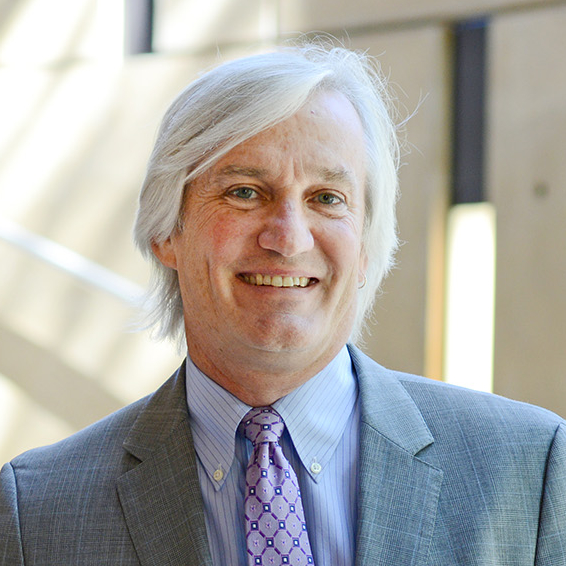Neukom Center for the Rule of Law
Building on Stanford Law School’s long history as a leading voice on the rule of law, the Sally B. and William H. Neukom Center for the Rule of Law works on numerous fronts to advance accountability, just laws, open government, and accessible justice around the world.
The Neukom Center represents a significant expansion of the Law School’s renowned, two-decade-old Rule of Law Program, which is now folded into the Neukom Center.
Established in 2022, the Neukom Center opens its doors at a critical time, when numerous studies, including from The World Justice Project Rule of Law Index, reveal a decline in the rule of law around the world. The interdisciplinary Center is a home for research, teaching, collaboration, public discourse, policy labs, and practical initiatives, all of which share a common goal: to reverse global trends toward autocracy and turn the tide toward accessible, impartial justice and open government.
The Center’s focus on interdisciplinary projects elevates rule-of-law issues across Stanford University, including through the University’s Center on Democracy, Development and the Rule of Law, as well as academic institutions globally. In particular, the Center collaborates closely with other programs established by the Neukom family, including the World Justice Project and the Wright Center for the Study of Computation and Just Communities at Dartmouth.
With the goal of inspiring a new generation of scholars, leaders, and change agents to strengthen the rule of law within the United States and globally, the Center embraces a multidisciplinary approach to confronting complex, global challenges. While housed at the Law School, the Center looks outward toward a broad range of disciplines. The fundamental goal is collaboration with like-minded initiatives to leverage diverse voices and find the most innovative paths forward.
Core Areas of Focus
The Neukom Center concentrates its work in five core areas:
- Governance and Institutions
- Human Rights
- Legal Education
- Civic Education
- Rule of Non-Law
Fundamental to an equitable world, the rule of law is the very foundation of communities of justice, opportunity and peace.
William H. Neukom
Lawyers are essential in strengthening and advancing rule of law here in the U.S. and abroad.
Jenny S. Martinez, Provost and Former Dean of Stanford Law School
Recent Work
Continuing a number of popular projects and courses established under the Rule of Law Program, the Center offers students and researchers the opportunity to confront rule of law issues in the classroom and in the field. Upcoming offerings include a course on the Foundation of Functional Communities by Center founder and Law School lecturer William Neukom. Policy practicums are addressing topics such as global trends in judicial reforms and legal pathways to the United States for Afghan refugees. A field study in India explores global poverty, corruption, and the law.
Meanwhile, the Center is preparing to roll out an annual research consortium, a lecture series, graduate research opportunities, and additional policy labs, among other projects.
Events
Previous Work Under Rule of Law Program
For more than two decades, Stanford University’s Rule of Law Program engaged in groundbreaking scholarship, research, and course offerings. The resulting body of work, and the program’s ongoing projects, now feed into the Neukom Center, positioning the Law School’s new home for rule of law initiatives for immediate impact.
Over the years, the Rule of Law Program sponsored numerous on-the-ground projects to advance the rule of law in Southeast Asia, South Asia, the Middle East, and Africa, as well as offered a broad range of courses to confront pressing global challenges. Research projects explored topics ranging from commercial arbitration in Iraqi Kurdistan to the development of law and policy in Cambodia.
The program’s longrunning Afghanistan Legal Education Project (ALEP) continues in a new form with the launch of the Center. ALEP, which has partnered with the U.S. Department of State to further education projects in Afghanistan, has transitioned to an online format, which continues to drive educational opportunities, especially for Afghan women.
learn more
Stay Connected
Sign up to receive information about the Neukom Center for the Rule of Law, including event announcements.
Subscribe
